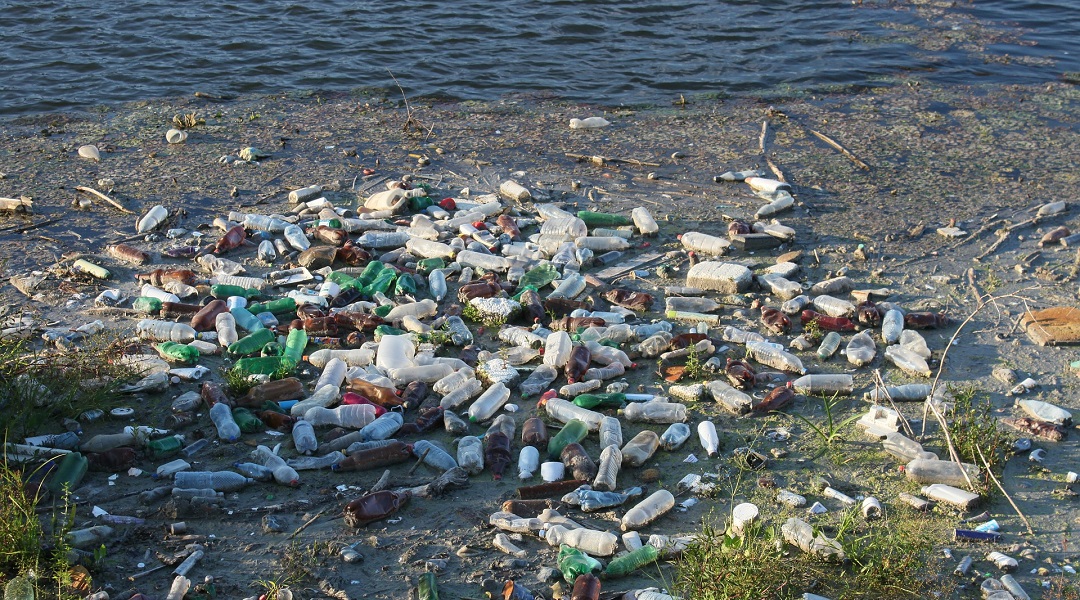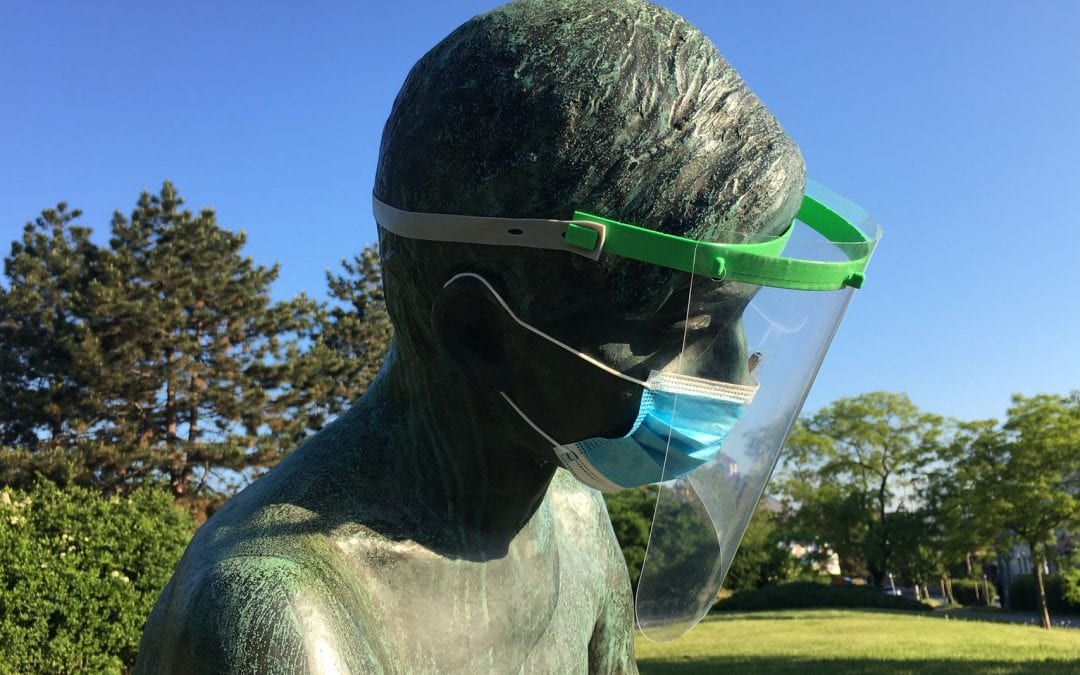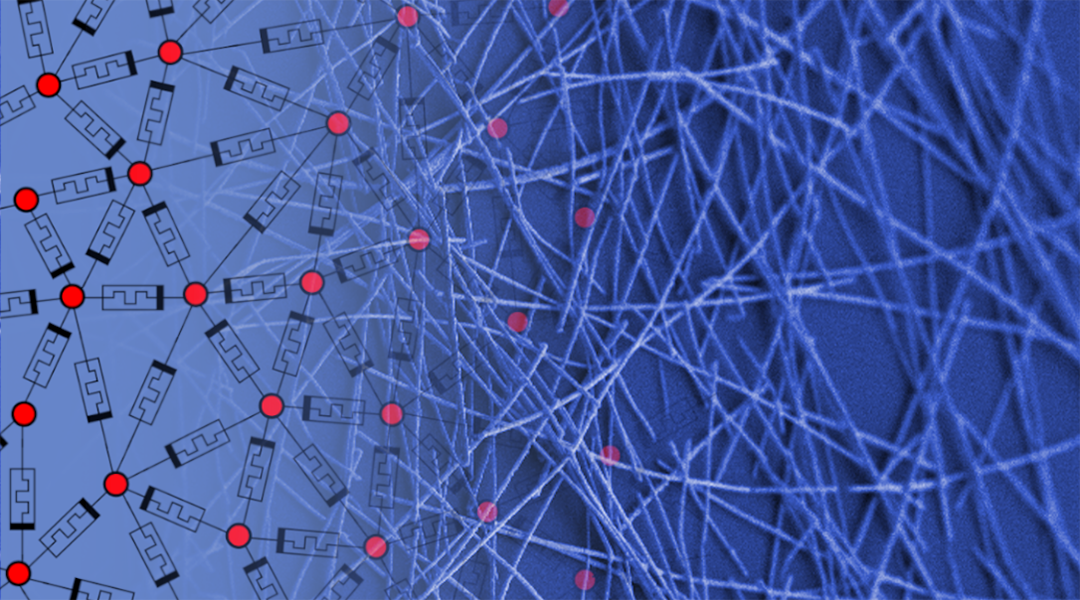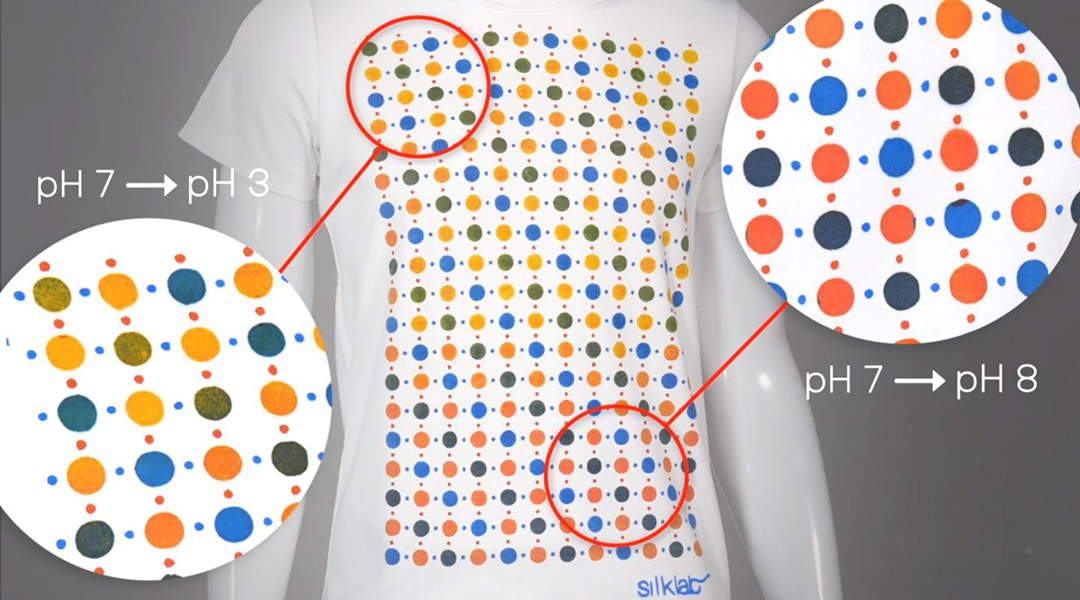Czech researchers developed self-propelled microrobots that decompose complex solid pollutants, such as single use and disposable textile fibers.


Czech researchers developed self-propelled microrobots that decompose complex solid pollutants, such as single use and disposable textile fibers.

Researchers combine waste vegetable oil and sulfur to create an eco-friendly, sturdy and lightweight cement substitute that can be remelted as often as desired.

The materials scientist talks about the challenges in finding work/life balance, her research in sustainable energy storage, and how Chinese calligraphy has shaped her way of thinking.

Face shields and masks with exhalation valves found to be ineffective for stopping COVID-19 from spreading.

An AI-based process recommender system for injection molding allows non-experts to set process conditions in real time.

A century on from his groundbreaking paper on polymerization, Advanced Science News takes a look at the life and work of Nobel Laureate, Hermann Staudinger.

Direct‐write and 3D printing using liquids metals provides an interesting alternative for wiring in circuitry.

A new bottom-up network built from randomly distributed nanowires can learn, compute, and adapt like a human brain.

Engineers find a neat way to turn waste carbon dioxide into useful materials for industrial products like fuel and plastics.

Bioactive inks printed on wearable textiles can map conditions over the entire surface of the body, including possible pathogens.